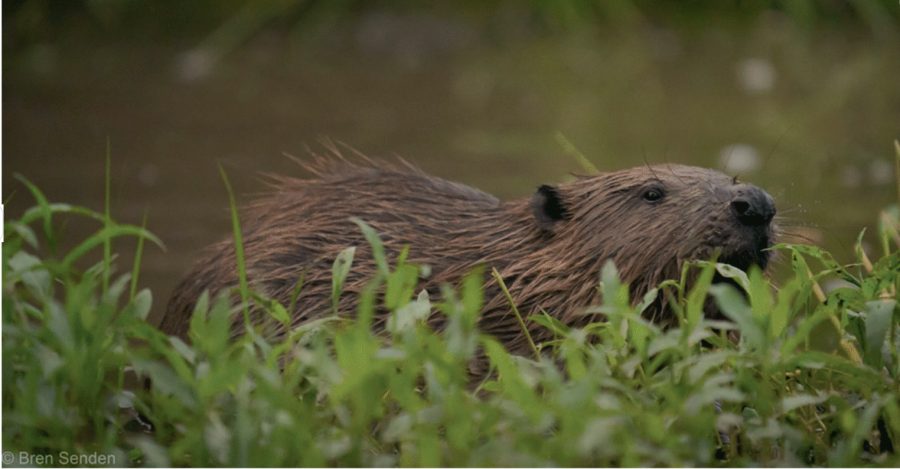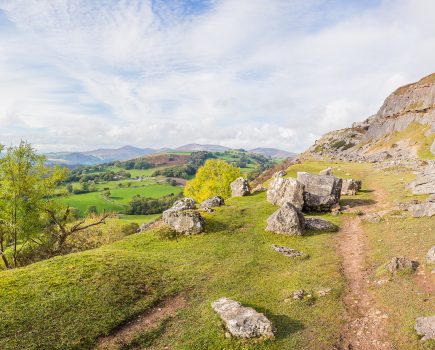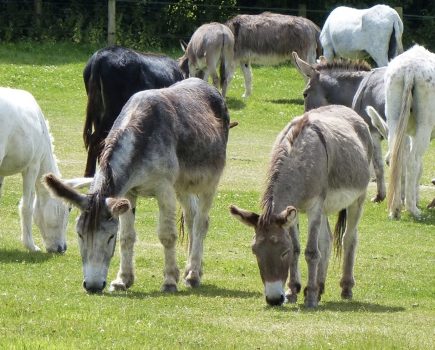Michael Wale finds beavers in West London… working as ‘ecosystem engineers’ and managing waterways for the local council!
When the lesser-known football club, Brentford, were promoted to the cash rich Premiership their fans invented a new song to sing at matches: “We’re only a bus stop in Hounslow”. Now another lesser-known West London area, Greenford, mainly known for its flyover carrying traffic to and from central London on the A40, could invent another anthem: “There are beavers in Greenford”.
And sure enough, there are, which has put them on the on the nationwide environmental map. Beavers were hunted to extinction across the UK 400 years ago for their pelts, much in demand by the fashion industry. But now they are looked upon as something much more practical. They are ecosystem engineers.
Their reintroduction, and more importantly, permanent future as part of Britain’s wildlife has the full backing of the Wildlife Trusts, a grassroots movement of 46 charities, 910,000 and 15,000 volunteers.
BRINGING BEAVERS BACK TO BRITAIN
It was Sean McCormack, a trained vet, who started and currently leads, the Ealing Wildlife Group in West London that began the campaign to bring beavers back to West London and eventually find a home in Greenford.
He found allies from many sources as time passed, crucially Ealing Council. Ironically, as far as McCormack is concerned, his love of beavers started back home in his native Ireland, a country where there is no evidence that there have ever been beavers there. He says: “I’ve been fascinated by beavers since an early age. I read about wildlife and when I came across beavers, I was just astounded by them”.
When he was a student at Essex University there was a national project to bring beavers back to Britain. After returning to Dublin, where he qualified as a vet, he decided his future lay in Britain.
Picture credit: BREN-SENDEN
This article extract was taken from the Spring 2025 edition of The Country Smallholder. To read the article in full, you can buy the issue here.








